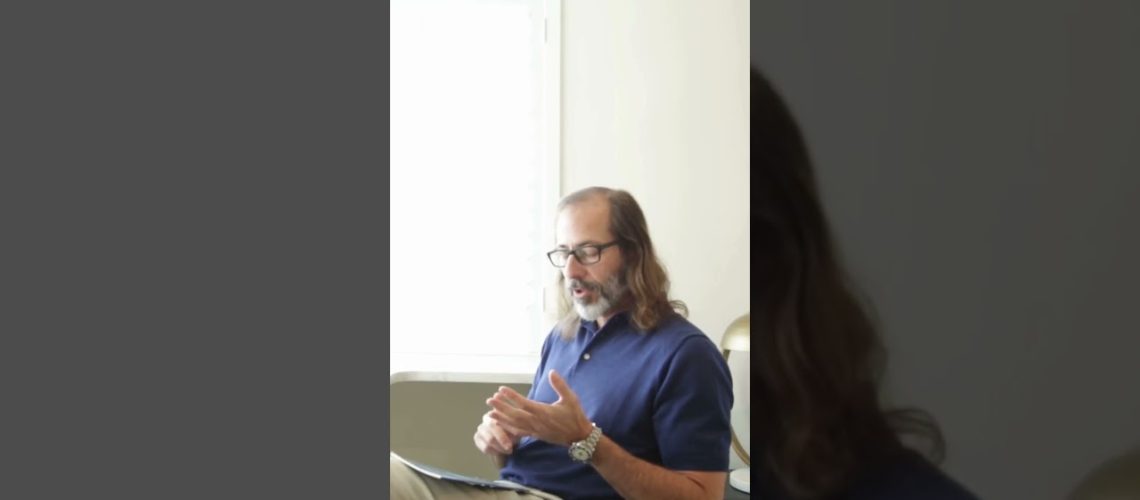It’s a valid question—maybe the most important one we should all be asking. Because here’s the hard truth:
If your information is coming from a government agency, a school curriculum, a major news outlet, a politician’s mouth, or a flashy textbook—it’s likely not the full story.
And in many cases, the truth is the exact opposite of what you’re being told.
We’re living in an age of inversion. Up is down. Good is bad. Wrong is right.
Confusion isn’t just a side effect of a complicated world—it’s a carefully engineered tactic.
Because confused people are easy to manipulate.
When you can’t tell which way is north, you stop trusting yourself. You look outside yourself for answers. You start outsourcing your critical thinking to so-called “experts.”
And that’s when control sets in.
We’ve become a population trained to defer to headlines, soundbites, and credentials instead of gut instinct, lived experience, and common sense. We’ve been taught to view skepticism as dangerous, when in reality it’s the first step toward sovereignty.
We’ve been tricked into thinking safety means obedience. That truth must be fact-checked by institutions. That thinking for yourself is reckless.
But here’s what’s actually reckless:
Trusting systems that have repeatedly shown they do not have your best interests in mind.
So, how do you know what’s true?
You get quiet. You observe patterns. You notice who benefits from the narrative. You follow the money. You listen to your gut.
And above all:
You question everything.
Because truth is rarely handed to you. It’s something you uncover—and sometimes, it’s the exact opposite of what you were taught.
I cover the truth on my podcast, The True Health report. Listen wherever you get your podcasts.
source


